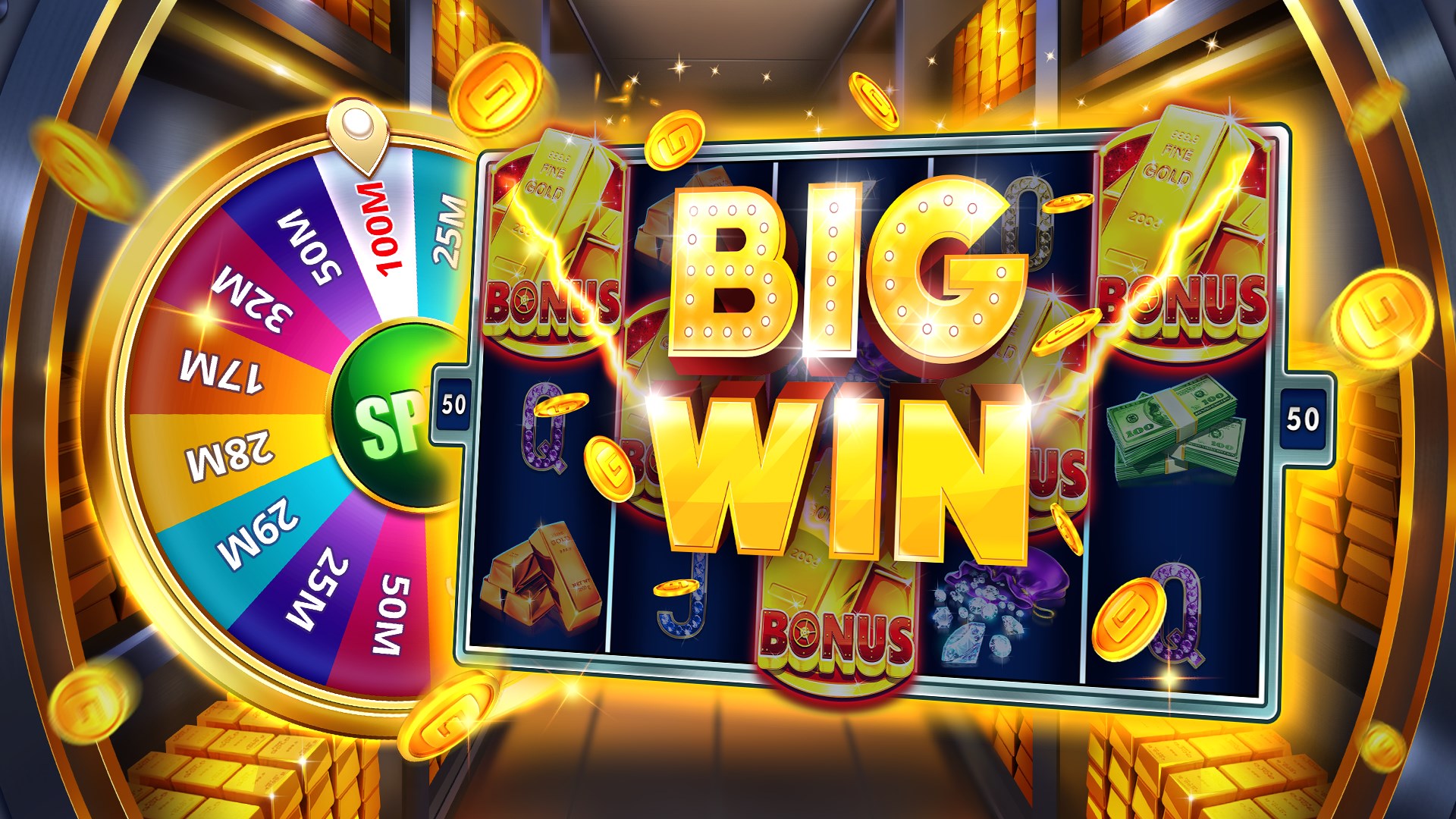Casino experiences have long captured the imagination of people around the planet, becoming an essential part of both leisure and society. From the sparkling lights of the Vegas Strip to the captivating experience of internet gambling, these experiences evoke enthusiasm, uncertainty, and sometimes even a sense of nostalgia. They are not just simply pastimes; they have woven themselves into the tapestry of our lives, influencing everything from film and music to fashion and books.
The allure of casino games goes beyond the wagering aspect, tapping into wider themes of luck, chance, and psychology. As players convene around a card table or rotate the roulette wheel, they engage in an ancient ritual that resonates with our collective desire for thrill and uncertainty. This obsession has led to the emergence of countless references in films, music, and gaming, showcasing how strongly entrenched these games are in mainstream culture. Whether it is the pressure of a traditional caper or the colorful nightlife portrayed in recordings, casino games have created a substantial role that reflects our bond with reward.
Cultural Significance of Casino Activities
Gambling activities have played a pivotal role in social aspects throughout the ages. Stemming from ancient civilizations, forms of chance were often connected to rituals or events. For instance, early iterations of these activities can be traced back to ancient Chinese and the Romans, where dice games and betting on outcomes were common pastimes. These games not only functioned as leisure but also as means of social interaction, facilitating connections among people within societies.
As cultures evolved, so did the complexity and organization of casino games. The creation of official casinos in the 17th century, particularly in the Italian region, marked a significant shift in how games were perceived and organized. With specific spaces for gambling, the casino became a community center where people from various backgrounds convened. This change contributed to the legitimization of the industry, transforming it from a mere pastime into an organized industry that shaped economy and regulations.
The impact of casino activities on popular culture cannot be overlooked. As they were brought into the limelight in books and movies, games such as poker and 21 became symbols of chance, chance, and tactics. Iconic characters and stories have emerged around these games, reflecting societal views towards fortune, prosperity, and immorality. This fascination with casino games has infiltrated various forms of media, cementing their place in the collective consciousness and connecting them to broader cultural stories throughout the ages.
Representation of Gambling Games in Entertainment
Casino activities have long been a popular topic in various forms of media, reflecting both the thrill and intricacies of the world of gambling. Films such as Ocean’s Eleven and Casino Royale portray individuals who navigate intense situations, showcasing not only the attractiveness of the casino atmosphere but also the tactics and choices that come with playing popular games like Texas Hold’em and blackjack. These films often dramatize the thrill of winning and the potential results of losing, encapsulating the risks involved in gambling.
Television shows have also explored the world of casino games, often integrating them into the plot as a context for story progression and tension. Shows like Las Vegas depict the lives of casino workers and casino-goers, highlighting the vibrant, often tumultuous energy of the casino floor. Docuseries featuring intense betting contests further emphasize the fascination of gambling activities, drawing viewers into the drama and planning involved in each session. Through these representations, media not only entertains but also stimulates conversations about fortune, expertise, and the essence of randomness.
Video games have increasingly included casino games into their development, allowing players to experience the feeling of gambling without financial exposure. Titles within the realm of online gaming often include online slot machines, poker, and other casino favorites, creating an immersive gameplay that mirrors actual casino experiences. These virtual portrayals make gambling activities accessible to a worldwide viewer base, appealing to both gamblers and those who enjoy the thrill of simulation. As a consequence, the representation of gambling activities in entertainment continues to shape societal views and cultural relevance, highlighting their function in society and culture.
Impact of Gambling Activities on Communities
Gambling activities have a meaningful effect on society, influencing various aspects of societal norms and interpersonal behavior. They often serve as a platform for community engagement, where people gather to experience a shared experience. Game nights with friends or trips to casinos become social activities that build connections and create memories. This communal aspect enhances the entertainment value of casino games, making them a favored choice for celebrations and leisure activities.
Additionally, casino games have been portrayed in numerous films, television shows, and literature, shaping perceptions and opinions towards gambling and betting. Icons like James Bond competing in baccarat or the high-stakes poker scenes in films have embedded these games in the shared imagination. This representation often glamorizes the lifestyle associated with gambling, drawing in new players and impacting trends in both style and conduct. These portrayals can ignite curiosity and lead to a more profound exploration of the nuances of gaming.
Nonetheless, there are also negative consequences linked to the popularity of gambling activities. The temptation of quick monetary gain can lead to problem gambling and economic troubles for some people. The community must contend with these issues, advocating for responsible gambling and awareness of the dangers involved. http://nohu90.cc/ Finding a balance between the fun aspect of gambling activities with the risks is vital to ensure that they continue to be a positive aspect of our cultural landscape.

